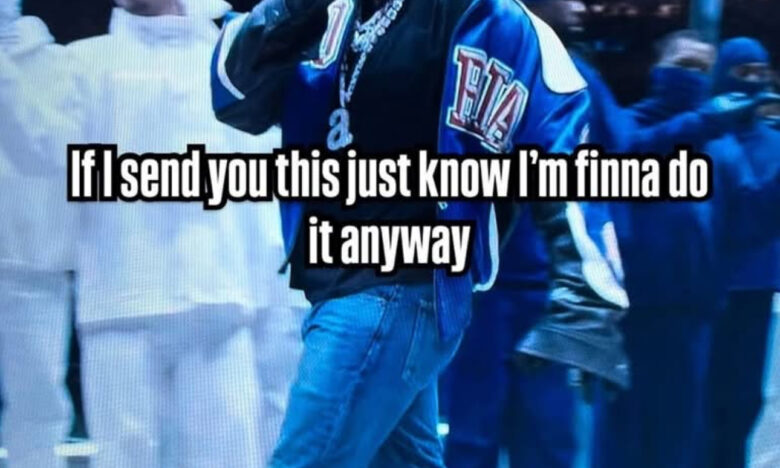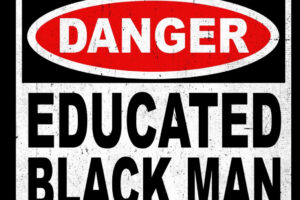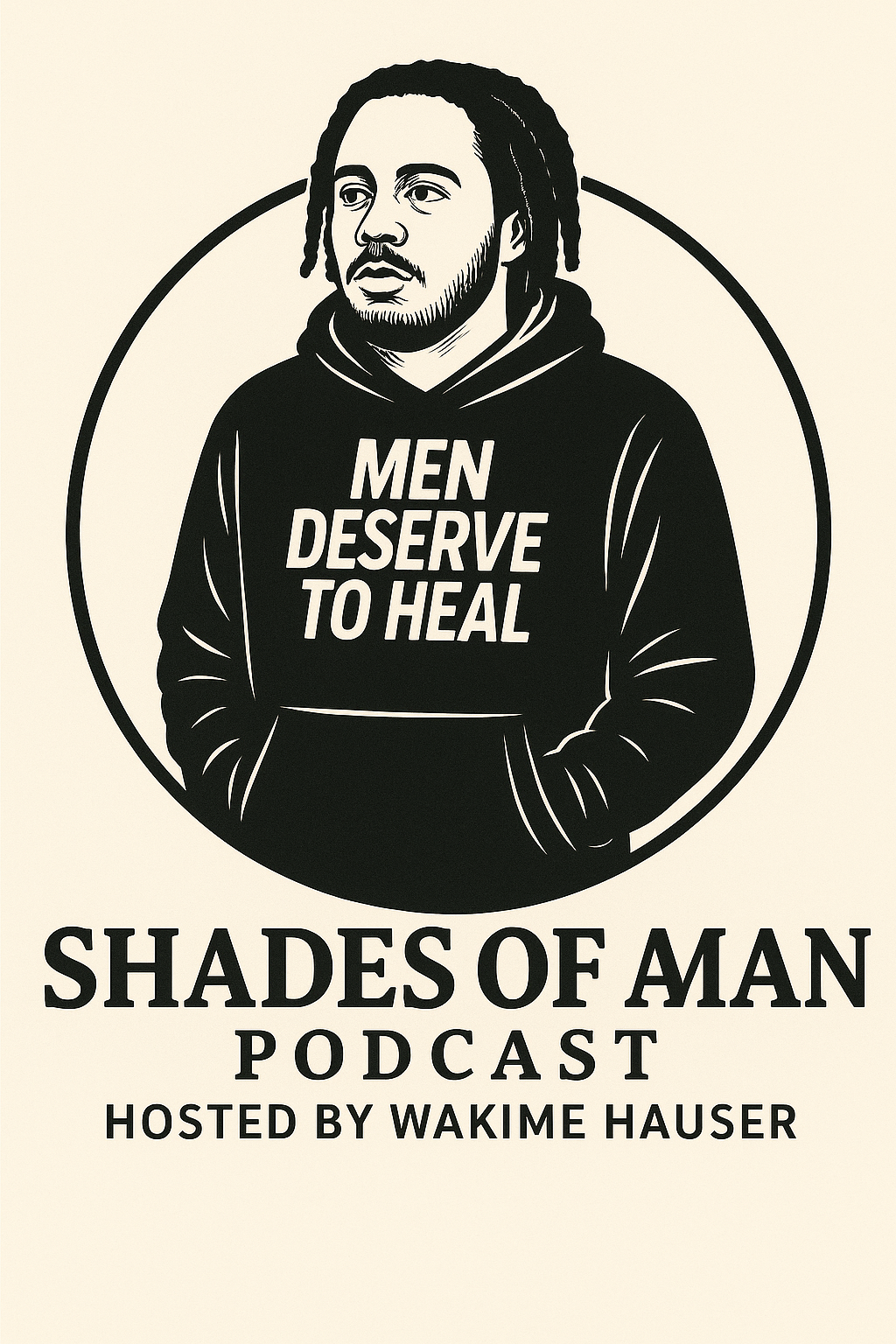Halftime and Black culture?!
The Super Bowl is more than just a football game—it’s the one event where nearly everyone is watching at the same time. That’s why the halftime show is so significant. Unlike award shows, concerts, or political debates, where viewership is divided, the Super Bowl brings America together for a single moment, a rare instance where we all witness the same thing simultaneously. This is why the halftime performance matters so much. It’s not just entertainment; it’s a statement.
In 2004, Puff Daddy—now better known as Diddy—or prison number performed at the Super Bowl alongside Nelly, Kid Rock, and Janet Jackson. That performance came at a time when hip-hop was still fighting for its place in mainstream pop culture. Twenty-one years later, Kendrick Lamar is headlining the Super Bowl halftime show, and unlike Diddy, whose performance was energetic but largely commercial, Kendrick’s presence on this stage holds a different weight. To many, Kendrick Lamar is more than just a rapper; he’s a representative of Black culture many would say. But that brings up an important question: What does it mean when we say a rapper represents Black culture?
If Kendrick Lamar represents Black culture, does that mean Black culture is about storytelling, poetry, and deep reflections on society? Or does it mean he represents the stereotypes often associated with hip-hop—violence, drug dealing, misogyny, and the overuse of racial slurs that are considered unacceptable from outsiders but embraced within the community? When we elevate artists to the status of cultural ambassadors, we have to ask: Is this the image we want representing us?

Music is undeniably a symbol of culture, but it also has the power to shape how people view that culture. When people think of Irish culture, they think of folk music and storytelling. When they think of Latin culture, they think of salsa, bachata, and reggaeton. But when people think of Black culture, do they think of jazz, gospel, blues—the genres that laid the foundation for American music—or do they only think of rap? And if rap is the dominant musical representation, what does that say about how we define ourselves?
I grew up in hip-hop. I loved hip-hop. I remember my mother coming into my room, telling me to turn that garbage off, saying it was nothing but sex, violence, and cursing. I fought back. I tried to explain how great the music was—how the beats, the lyrics, and the culture meant something deeper. And at the time, I believed it with all my heart. But now, as I’ve grown older, wiser, and yes, still hip, I find myself questioning some of what I once defended.
I still love hip-hop. I still believe in its brilliance. But I also recognize that art influences culture just as much as culture influences art. If the dominant narrative of Black music revolves around trauma, pain, and struggle, then what message are we sending to future generations? Are we telling them that being Black means embracing hardship as a permanent identity rather than a challenge to overcome? Or that being black means we have to be killers, thugs and under the influence of drugs and alcohol?
Kendrick Lamar is the top hip hop artists of our time, and his presence on the Super Bowl stage is historic. He represents a powerful voice in music, one that has attacked racism, personal battles, and the contradictions of fame. But as we celebrate his performance, we also need to reflect. What exactly is Black culture? Who decides what represents us? And are we comfortable with the image that’s being presented?
The Super Bowl halftime show isn’t just a show—it’s a mirror. And as we watch, we should ask ourselves if we like the reflection.







